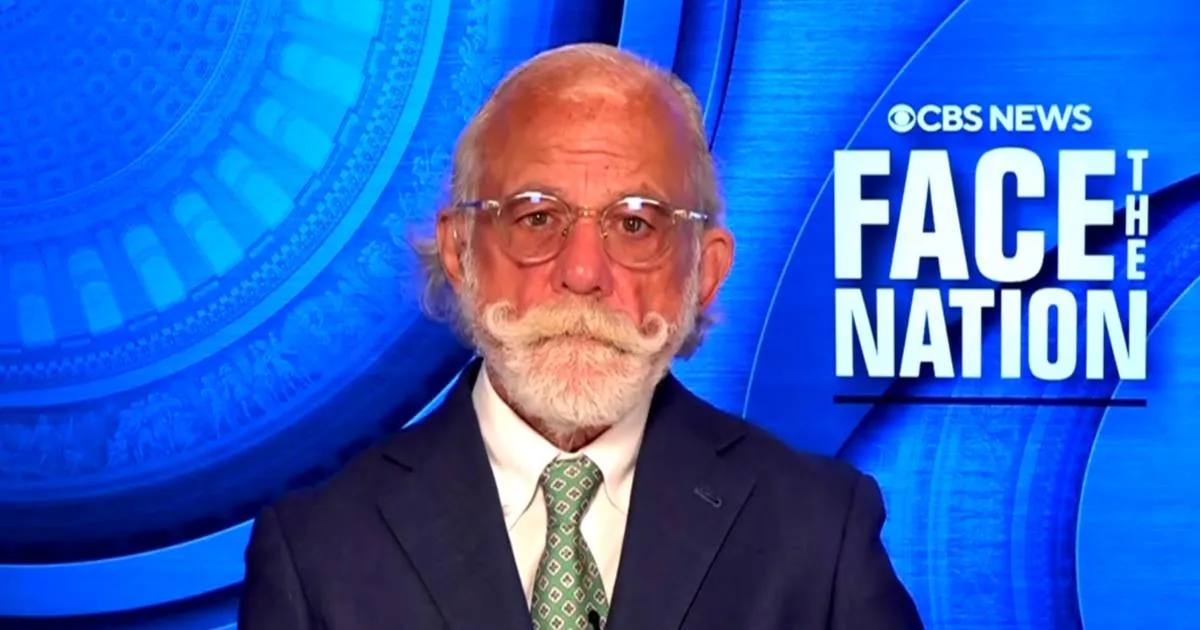
The following is a detailed transcript of an interview with Ty Cobb, who served as White House Special Counsel during President Trump's first term. This interview aired on Face the Nation with Margaret Brennan on September 28, 2025, providing insights into the ongoing legal challenges faced by former officials and the implications of political actions.
Margaret Brennan opened the discussion by welcoming Ty Cobb, who played a crucial role as White House Special Counsel for nearly a year during the Trump administration. His main focus was to coordinate the response to Robert Mueller's investigation into Russian interference in the 2016 election. The conversation began with an overview of recent developments regarding former FBI Director James Comey.
Brennan asked Cobb for his thoughts on the recent indictment of Comey, who faced two charges related to his testimony before Congress about Russian election meddling. Cobb expressed skepticism about the case, highlighting that the grand jury had rejected one of the primary charges while approving the others by a narrow margin. He emphasized the difference between a grand jury's probable cause standard and the requirement for a unanimous jury in a trial, suggesting a significant challenge for the prosecution.
Cobb articulated his belief that the case against Comey might not proceed to trial, citing the "wholly unconstitutional and authoritarian" manner in which the indictment was handled. He underscored the importance of adhering to justice principles that prioritize the pursuit of crimes rather than targeting individuals.
During the interview, Cobb clarified his previous role as a government employee rather than as Trump's personal lawyer. He emphasized that his objective was to fulfill the responsibilities assigned to him during the tumultuous period of the Mueller investigation. Drawing on historical references, he noted that former Attorney General Justice Jackson had stressed the importance of impartiality at the Justice Department, reinforcing the idea that political motivations should not influence legal proceedings.
Brennan brought to light recent reports indicating that multiple U.S. Attorney's Offices were instructed to investigate entities linked to George Soros, a prominent Democratic donor. Cobb recognized a recurring theme in these investigations, suggesting that Trump is attempting to "rewrite history." He posited that Trump aims to obscure his actions during the insurrection and the handling of classified documents, labeling him as a "convicted felon." Cobb's comments highlighted a perceived danger for those involved in situations that might offend Trump.
The conversation shifted to the lack of vocal support from Republican lawmakers regarding the legitimacy of ongoing investigations. Cobb expressed concern that the judicial system might face challenges from political pressure. He referred to the founders' intentions when drafting the Constitution, particularly the critical role of Congress as a check on presidential powers. Cobb criticized the current state of Congress, suggesting it has become less effective in holding the presidency accountable due to what he described as cowardice among Republican leaders.
As the interview drew to a close, Brennan thanked Cobb for sharing his insights on the evolving legal landscape surrounding the Trump administration. The discussion provided a thought-provoking look at the intersection of law, politics, and accountability in contemporary America.